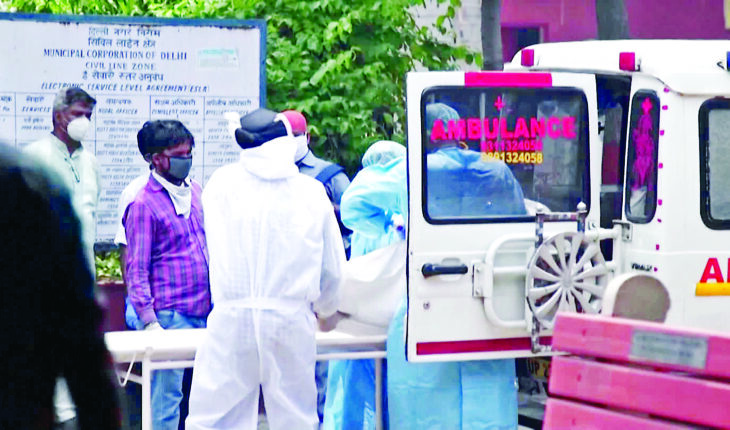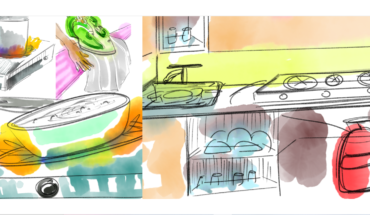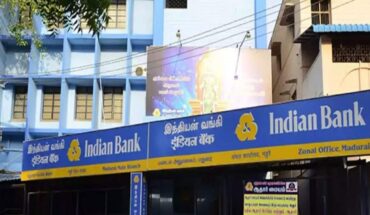MP Nathanael seeks recognition for those who maintain law and order during the COVID-19 pandemic
In early May, Amit Kumar, a 32-year-old constable, became the first COVID-19 casualty of the Delhi Police. He died after several hospitals refused to admit him. Of the 6,405 personnel of the Delhi Police who had tested positive for the infection (until November 14), 23 had succumbed. In April, sub-inspector Ikram Hussain of the Central Reserve Police Force breathed his last in New Delhi after testing positive for COVID-19. Over 30 personnel of the battalion had to be quarantined thereafter. And in Patiala, Punjab, on April 12, while enforcing the lockdown, assistant sub-inspector Harjit Singh was attacked by a group of Nihang Sikhs when they were asked for their curfew passes. One of them chopped off Mr. Singh’s hand with a sword. Fortunately, timely medical intervention helped the surgeons restore his hand.
Undoubtedly, apart from health workers, policemen have had to bear the brunt of the spread of COVID-19. The very nature of their duties, including during the lockdown, warrants their interaction with the general public. This exposes them to the possibility of falling victim to the virus. It is no surprise that a large number of police personnel have been infected by the virus and many have died. According to the Indian Police Foundation, of the 1.5 lakh police and Central Armed Police Forces (CAPF) personnel who had tested positive for COVID-19 by the end of October, more than 900 had lost their lives.
In Karnataka, data till November 2 show that 9,348 police personnel had tested positive of which 31 had died. In Assam, data till the first week of October show that 4,679 had tested positive, of which 23 had died. The Andhra Pradesh Police recorded over 13,000 cases of COVID-19 till October, of which more than 100 are reported to have died. Until November 6, the Uttar Pradesh Police had reported seven deaths; 567 personnel had tested positive. With a massive inflow of tourists, the Goa Police have had the difficult task of enforcing COVID-19 protocols. In the process, 900 personnel including the Director General, Mukesh Kumar Meena, got infected. In Mizoram, 11 policemen and three Assam Rifles personnel got infected. And so on and so forth.
Many policepersons get infected when they deal with crowds while enforcing protocols and interact with the public at police stations. Their task becomes more difficult when their colleagues get infected or quarantined thus depleting the strength of the police on the ground. Many of them have had to put in extra hours of work to compensate for the depletion of strength. To protect their family members from getting infected, many of them either do not return to their homes or maintain distance from their dear ones if they do.
Families of those who lose their lives due to COVID-19 are paid compensation by the States. While the Maharashtra government paid `50 lakh to the families of 50 Mumbai policemen who lost their lives while carrying out their responsibilities during the fight to contain COVID-19, the State Police gives `10 lakh out of the Police Welfare Fund to the families of the deceased. Another `2 lakh to `3 lakh is paid out of the insurance fund. In keeping with the policy of the Delhi government, Amit Kumar’s family was paid `1 crore. Another `10 lakh was paid from the Delhi Police Welfare Society fund.
The perils for the police and paramilitary personnel during this pandemic are there for all to see. At grave risk to their lives and also to the lives of their kith and kin, they maintain law and order, enforce rules and protect lives. The Central government could recognise their services by instituting a medal to signify the efforts of many in combating the virus. The number of medals on a policeperson’s chest would serve as a morale booster for them. After all, combating COVID-19 is no easy task. The Centre and the States could also reserve jobs for the children of these policemen. It is high time that the governments pay top priority to the health and medical cover of the police and CAPF personnel.
M.P. Nathanael is Inspector General of Police (Retd), Central Reserve Police Force. Views expressed are his own






